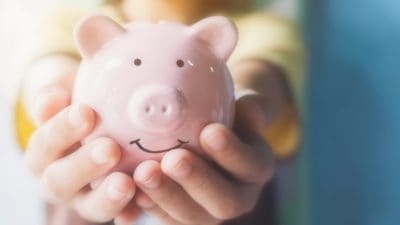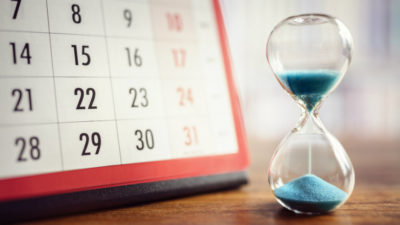Between Facebook at the brink of imploding, and Canada’s fourth wave of coronavirus making vaccines mandatory for all B.C. public service employees, many Canadians may have missed the eye-popping debt index released by MNP LTD.
In sum, it’s not looking good, Canada.
Though many of our pockets feel fatter from increased equity, not to mention our savings have skyrocketed due to travel restrictions and lockdowns forcing us to hibernate, MNP LTD. suggests we could be living in a false sense of security.
How’s that possible? Let’s take a look at the numbers.
The state of Canadian consumer debt
Perhaps the most shocking news from the report is the ease at which Canadians are taking on debt. Around 60% of Canadians are likely to pile on debt by the end of the year, the report says, with almost four in 10 (37%) feeling inclined to use a credit card that already has a balance (read: huge mistake).
One in five are using “buy now, pay later” this fall, another one in 10 will use a payday loan, 15% are taking out a new credit card, and another 22% are looking into alternative finance options.
With interest rates at historic lows, around half of the Canadians surveyed say they feel more relaxed when it comes to taking on more debt. In addition to this, around 60% admitted that low interest rates were a “good opportunity” to buy things they wouldn’t have been able to afford.
Oh, but it gets worse.
Around half (46%) admitted that they are around $200 away from failing to meet their financial obligations, with 27% saying they don’t make enough to pay their bills and debt payments.
With livings costs on the rise, the majority of those surveyed said they’re concerned about their ability to afford life’s necessities. In fact, 45% said it was becoming harder for them to feed themselves and their family, with another third saying housing costs in general were becoming less affordable. Clothing costs are causing Canadians to pinch pennies (36%), transportation costs are costing Canadians more (33%), and fewer Canadians are feeling confident they’ll be able to cope if they lost a job (30%).
I could go on, but I think you get the point.
How to avoid a financial meltdown
I’ll spare you “Dave Ramsey” lecture (if you do need that, he has plenty of Youtube videos to watch). But if you’re finding yourself relying more and more on debt, here’s what I would do immediately.
Keep your living costs low
As the survey suggested, it’s becoming more difficult for Canadians to afford life necessities: rent/mortgage, food, transportation, and clothing.
So, what I would do is make sure you’re budgeting appropriately for each of these areas. If you’re relying heavily on debt, now isn’t the time to splurge on restaurants, designer brand shirts, and luxury sedans that you can’t truly afford. Though, yes, with Canada reopening to consumers, it’s super tempting to engage in the pastime of shopping, it’s going to come back to haunt you.
For those Canadians who are budgeting but still find their living costs too high, I’d look for ways to cut your current expenses. For instance, maybe now is the time to buy generic brands at the grocery store, or maybe you should look into getting cheaper car or home insurance by shopping policies.
Don’t go for the “buy now, pay later”
“Buy now, pay later” is taking Canada by swarm. In fact, according to MNP LTD.’s report, nearly 22% of Canadians will use BNPL to make a purchase this fall.
Look, I’m not against BNPL (I’ve used it), but I want to warn Canadians about the way it could impact their future. Spreading a $1,000 purchase over five months may make your purchase seem more affordable. But if your budget isn’t prepared to take on another monthly expense, you could easily spread yourself too thin. All it takes is one unexpected bill — a medical procedure, a flat tire, a lost job — and that easy BNPL payment can start to feel a bit heavier.
Just be wise. If you couldn’t financially cope with an unexpected bill right now, you’re not the right person to use BNPL.
Use credit cards wisely
Credit cards can be a great way to build a credit score and earn rewards on cash-back and rewards cards. But if you carry a balance, you’re going to pay heavy interest rates. Many credit cards come with APRS around 20% (some higher), and if you fail to pay off your entire balance, those interest charges will only accumulate over time.
For that reason, be sure you don’t charge more than you can afford to your credit card. And if you do find yourself amassing credit card debt, do know that you have options. You can, for instance, take out a balance-transfer credit card. These cards often come with a low introductory APR period, which will help slow down the rate at which you accumulate credit card debt.








